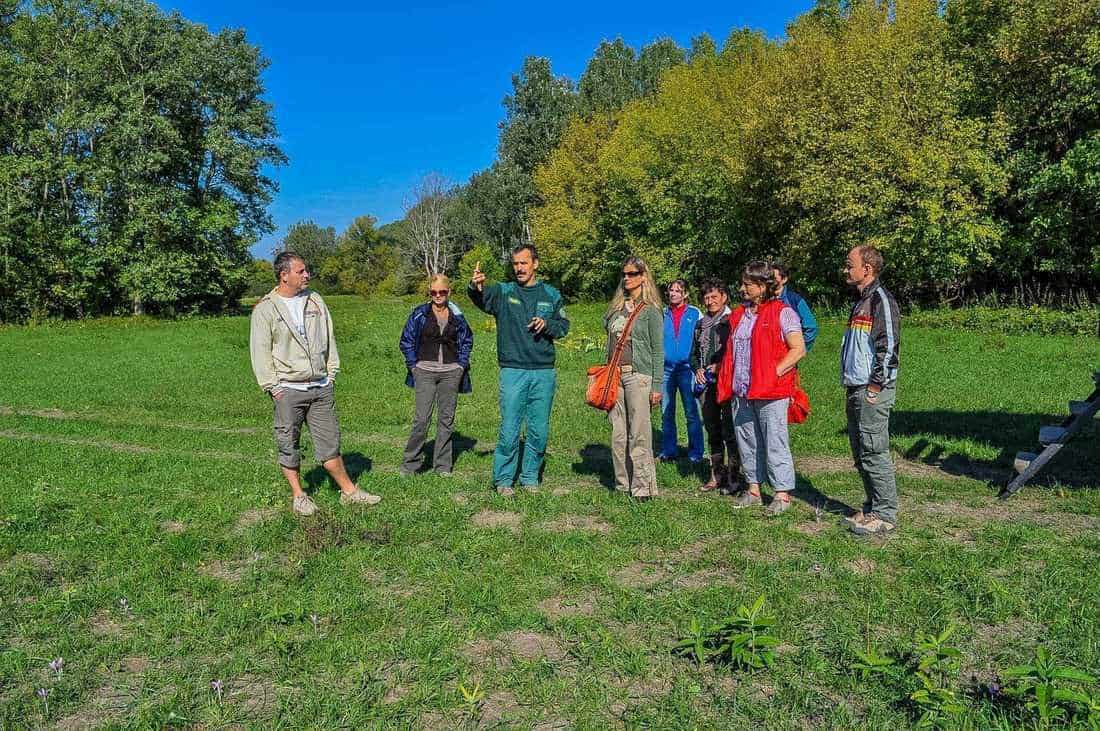World Tourism Day
World Tourism Day, celebrated annually on September 27, is an opportunity to reflect on what traveling means to us. For many, it is a chance to discover new places, cultures, and traditions. Yet this day has a deeper meaning as well – it raises the question of how tourism impacts our environment, especially the most precious areas Europe has preserved: its wilderness. Wilderness is where nature takes precedence over humans, where forests, rivers, mountains, and wetlands function according to their own laws. Tourism is a phenomenon that can serve as a bridge to protect these areas, but it can also become a threat to their future.
Tourism as a gateway to wilderness
Authentic experiences of wild nature hold a unique power. Anyone who has ever felt the silence of an ancient forest, watched a herd of bison, or smelled the fragrance of alpine meadows knows that such moments remain deeply imprinted in memory. Tourism, if managed responsibly, allows people to experience this connection with nature. It strengthens awareness of its value and fosters a sense of responsibility. European projects that give visitors access to wilderness without destroying it demonstrate that traveling can indeed be a path toward respect and protection.

The threats of mass tourism
On the other hand, uncontrolled visitation poses a serious risk to wild areas. Imagine thousands of people walking daily on narrow mountain trails, litter left behind in nature reserves, or noise disturbing wildlife. Mass tourism leads to soil erosion, habitat fragmentation, and often causes native species to retreat from areas they once inhabited. Europe is already struggling with how to balance the interests of visitors with the protection of landscapes that are extremely sensitive to human presence.
Examples of sustainable tourism in Europe
The good news is that there are models showing the way forward. In some regions, limits on visitor numbers are introduced to prevent excessive pressure on ecosystems. Elsewhere, ecotourism is being promoted, emphasizing small groups, local guides, and education. In national parks and reserves, infrastructure is being developed to guide visitor movement and minimize their impact on nature. These examples show that tourism and nature conservation do not have to be at odds, provided they are based on principles of sustainability and respect.
A challenge for the future
World Tourism Day encourages us to ask: what future do we want for Europe’s wilderness? Tourism will continue to grow, but it is up to us to guide it in a way that makes it an ally rather than an enemy of nature. Protecting wilderness requires a long-term vision and the courage to make decisions that may not be easy but are essential. If we travel responsibly, we can help ensure that future generations will also have the chance to experience the authentic beauty of Europe’s natural heritage

Conclusion
World Tourism Day reminds us that travel is more than relaxation or entertainment. It is also a commitment – a commitment to nature, which offers us space for discovery while calling on us to protect it. Europe’s wilderness is a rare treasure, and tourism can either threaten it or become its ally. The choice depends on the approach we take.
This is also a a good opportunity to remind our readers about European Wilderness Society´s input to the tourism and especially sustainable tourism development. Among them:
- Through initiatives like the Erasmus+ SMARTOUR project and their “Respect Nature” programme, the Society develops educational materials and training for stakeholders (youth, protected‐area staff, rangers, etc.) to promote principles such as visitor management, preserving natural environment, combating climate change, and effective promotion of sustainable tourism
- participation in regional cooperative efforts, for example, via projects of Interreg and Transnational Programmes to integrate sustainable ecotourism as a tool for protecting natural and cultural heritage in sensitive areas like the Danube river basin, while simultaneously supporting local economies and cultural values
- contribution via stewardship and designation systems, like the European Wilderness Quality Standard and Audit System, ensuring that designated wilderness areas are managed with sustainability in mind and that tourism does not compromise wilderness integrity.
Discover more from European Wilderness Society
Subscribe to get the latest posts sent to your email.







